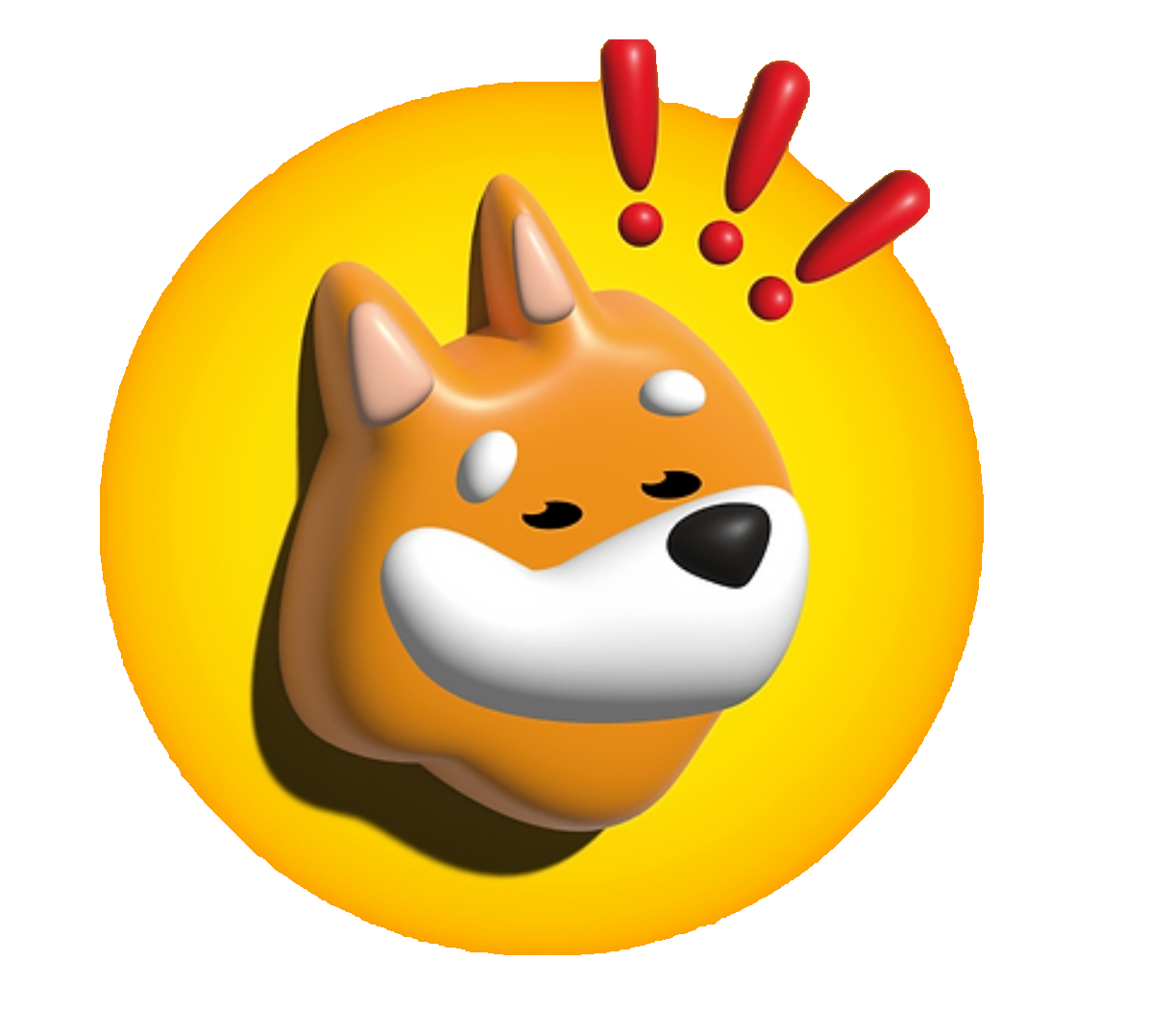What Is That Meme? Your Friendly Guide To Internet's Shared Jokes Today
The internet, you know, is a really big place, full of all sorts of interesting things, and among the most fun are these little bits of digital culture we call memes. They pop up everywhere, on your social feeds, in chats with friends, and sometimes, they even show up in the news, so they're pretty hard to miss. These clever, often humorous, pieces of content have a way of capturing our collective attention, making us laugh, or sometimes, even making us think a little, which is quite something.
Perhaps you've seen a picture, a short video, or even just a phrase that seems to be everywhere, and you find yourself wondering, "what is that meme?" It's a question many people ask, actually, because these viral sensations can spread so quickly, almost like wildfire online. They are, in a way, the internet's own unique language, a shorthand for shared feelings and experiences that connects us all, so it’s pretty cool.
This article, you see, is here to help you get a better handle on what memes are, how they get started, and why they matter so much in our digital lives today. We'll look at their journey from a simple idea to a global phenomenon, and even touch on how moments, like a certain celebrity catching a very large fish, can spark internet fame, so stick around.
- Help I Accidentally Summoned Mahoraga
- Point Of View Skin Care
- What Does Yeet Mean
- Wasmo Somali Channel Telegram 2025
- How Did Technoblade Die
Table of Contents
- Getting to Grips with What a Meme Really Is
- How Memes Go Viral: The Internet's Whisper Game
- The Anatomy of a Popular Meme: What Makes it Stick?
- When Real-Life Moments Become Internet Gold: The "Rock Caught a Huge Fish" Example
- Breaking Down Language Barriers: Memes and Global Reach
- Common Questions About Memes
- Staying Current with the Ever-Shifting World of Memes
- The Bigger Picture: Why Memes Matter
Getting to Grips with What a Meme Really Is
A meme, you know, is basically an idea, a style, or even a bit of behavior that spreads really fast among people, often through the internet. It's like a cultural inside joke, more or less, that everyone seems to get, even if they don't quite remember where it started, so it's pretty universal. These little bits of digital culture, they tend to be quite funny, or perhaps they make you think a little, and they show up in all sorts of formats, too, which is quite diverse.
Think of it this way: a meme is, in a way, a unit of cultural information, passed from one person to another, much like genes pass on biological information. This "information" could be a picture with a funny caption, a short video clip, a particular phrase, or even a specific dance move, you know, anything that can be easily copied and shared. Its power lies in its ability to resonate with a wide audience, often tapping into shared experiences or emotions, so it feels very personal.
The term "meme" itself, it actually comes from the Greek word "mimema," meaning "that which is imitated," which, you know, was coined by Richard Dawkins back in 1976. He used it to describe how ideas and cultural practices spread, but it's really taken on a whole new life in the digital age, becoming a cornerstone of online communication, so it's a concept that's been around for a while, in a way.
- Securely Connect Remote Iot Vpc Raspberry Pi Download Windows Free
- Camarones A La Diabla
- Burger King Crown Guy
- Twin Where Have You Been
- What Does Body Count Mean
How Memes Go Viral: The Internet's Whisper Game
The way a meme catches on, it's actually pretty fascinating, like a digital chain reaction, you know, moving from one screen to the next. Someone creates something, or a moment happens, and then people start sharing it, often adding their own little twists, so it spreads, almost organically. This sharing process is what really fuels its journey, turning a small spark into a roaring fire across the internet, which is quite something to see.
Platforms like TikTok, Instagram, X (formerly Twitter), and even older sites, they really act like highways for these ideas to travel at lightning speed, you know, reaching millions in a flash. A single post, if it hits just right, can be re-shared, remixed, and reinterpreted countless times, sometimes within hours, so it's a very fast process. This rapid spread means that what was once an obscure joke can become a global phenomenon before you've even had your morning coffee, which is pretty incredible.
The magic often happens when a meme taps into something universally understood or felt, you see, a shared sentiment or a common experience. When people see themselves, or their feelings, reflected in a meme, they're more likely to share it, making it part of their own communication, so it becomes a tool for expression. This act of sharing isn't just about entertainment; it's also about connection, about saying "I get it, too," which is a powerful thing, you know.
The Anatomy of a Popular Meme: What Makes it Stick?
For a meme to really take off and become a true internet sensation, it usually needs a few key ingredients, you see, to grab everyone's attention. First off, it often has to be relatable, something that many people can connect with, or perhaps it's just really, really funny, like a shared chuckle that everyone can appreciate, so humor is a big part of it. This connection makes people feel like they're part of an inside joke, which, you know, encourages them to pass it along.
Another crucial element is its simplicity and adaptability, you know, how easy it is to understand and change. The best memes, they're also quite easy to copy and change, allowing people to put their own spin on things, which, you know, helps them spread even more, making them personal. This means you can take the core idea or image and easily add your own text, your own face, or your own context, making it relevant to your specific situation or group, so it’s very versatile.
Also, a meme often has a strong emotional core, whether it's joy, frustration, confusion, or even a touch of absurdity, you see, that really resonates. That emotional punch, it's almost like a secret sauce that makes people want to share it, because it perfectly expresses something they feel but might not have the words for, so it's a powerful communicator. This combination of relatability, adaptability, and emotional impact is what gives a meme its staying power, making it more than just a fleeting trend, but a cultural touchstone, in a way.
When Real-Life Moments Become Internet Gold: The "Rock Caught a Huge Fish" Example
Sometimes, a seemingly simple moment from everyday life, especially from someone famous, it can actually turn into prime meme material, you know, almost instantly. Think about "The rock caught a huge fish 😂 (via the rock/ig)," which, you know, got a lot of buzz; it's a great example of this very thing, how a personal moment becomes public. This kind of content often feels authentic and unexpected, which really grabs people's interest, so it stands out.
Dwayne "The Rock" Johnson, he delighted fans with a video of himself fishing in a small pond, singing Merle Haggard's "That's the Way Love Goes," and that kind of authentic, slightly unexpected content, it really resonates, you see, with a wide audience. It wasn't just a picture; it was a whole mood, a glimpse into a celebrity's personal passion, and that's something people genuinely enjoy seeing, so it feels very human.
This video, featured even on ESPN's TikTok, like your "espn (@espn)" mentioned, with "13.4m subscribers subscribed," it clearly shows how a celebrity's personal moment, shared on Instagram, can quickly become a shared cultural reference, with digital creators like Dave Ardito videos amplifying it, so everyone sees it. The inclusion of the "😂" emoji in the original text, it actually highlights the humorous and relatable aspect, inviting viewers to share in the amusement, which is key to meme culture.
It's not just the act of catching a fish, but the whole vibe, you know, the unexpected joy from a big star, that makes people want to share and react with emojis, turning it into something memorable, or even a running joke. The fact that he's passionate about fishing and has his own fish farm, as mentioned, adds another layer of genuine interest, making the moment even more endearing and, arguably, more meme-worthy, so it's a perfect storm of elements.
This particular instance, it really illustrates how a public figure's seemingly ordinary activity, when shared with a touch of personal flair, can easily become a widely recognized cultural artifact. People, they love seeing a different side of celebrities, a side that feels more grounded and real, and when that moment is also a bit funny or surprising, it's almost guaranteed to get shared, so it’s a powerful combination.
Breaking Down Language Barriers: Memes and Global Reach
Memes, they often jump across different cultures and languages, you know, connecting people from all over the world, which is pretty amazing. A funny picture or a relatable video, it can transcend borders, sparking laughter and recognition even if the original caption is in a different tongue, so the visual aspect is very strong. This global reach is a testament to the universal nature of humor and shared human experiences, which, you know, is quite profound.
Sometimes, though, truly understanding a meme that started in another country, it's almost like you need a translator to get the full joke, or the nuance, so it's a bit of a challenge. A phrase that's hilarious in one language might lose its punch, or even its meaning, when directly translated, which can be tricky. This means that while visuals are universal, the linguistic elements of a meme often require a little extra help to be fully appreciated by a wider audience, so it’s not always straightforward.
This is where tools like Google Translate, DeepL, and Yandex Translator, they actually come into play, helping people grasp the words or phrases within a meme that originated somewhere else, you know, making it accessible. These services offer instant translations, allowing users to quickly understand the text accompanying an image or video, so they can get the whole picture. They bridge that language gap, letting jokes and ideas flow more freely across different linguistic communities, which is very helpful.
These services, like the ones that "translate texts and voice in more than 125 languages with the online translator of talkao," they really help memes travel farther, allowing more people to get the humor, or the point, so the message doesn't get lost, you see. They enable individuals to engage with content that they might otherwise miss, enriching their online experience and broadening the cultural scope of meme consumption, which is pretty neat. The ability to quickly translate "words, phrases or small blocks of text to Spanish and vice versa," as mentioned, is a game-changer for meme enthusiasts everywhere.
So, in a way, the ability to "translate text and files instantly from English to Spanish with the most accurate translator in the world," as your text mentions, it pretty much supports the global spread of these little bits of internet culture, making them truly universal. This means a meme born in Japan can, with a little help from a translator,
- Do A Barrel Barrel Roll
- Korean Language For I Love You
- Abbey Love On The Spectrum
- Emily Compagno Husband
- La Casa De Los Famosos Vota

meme | Dot

Memes - Imgflip

Bonk Memes - Imgflip